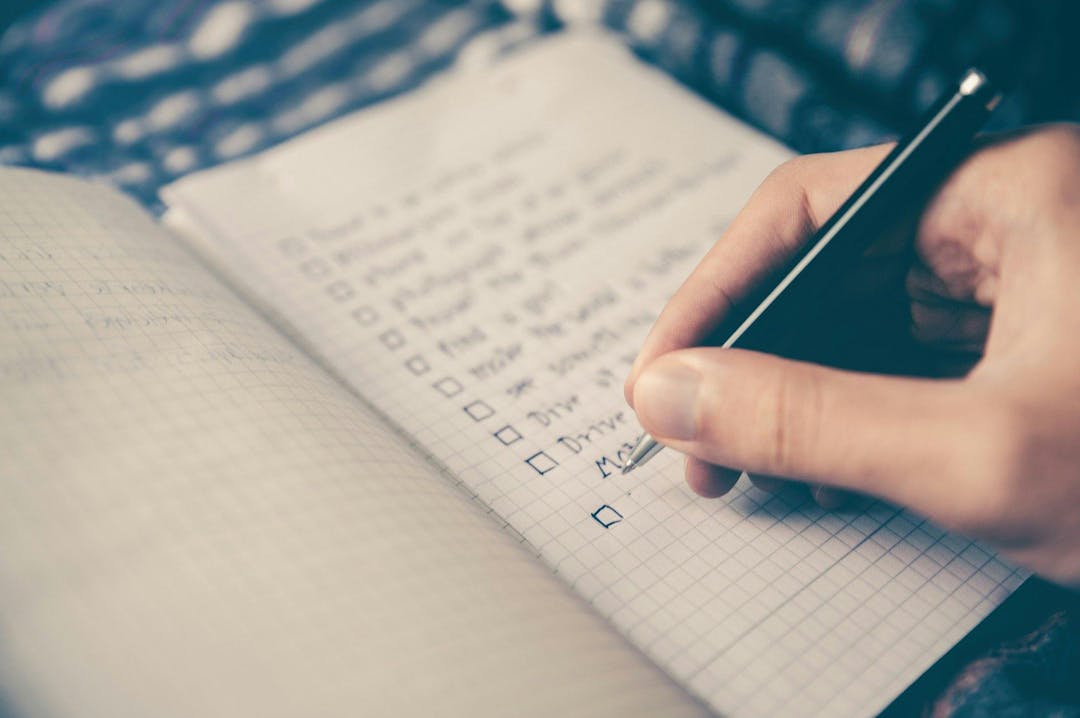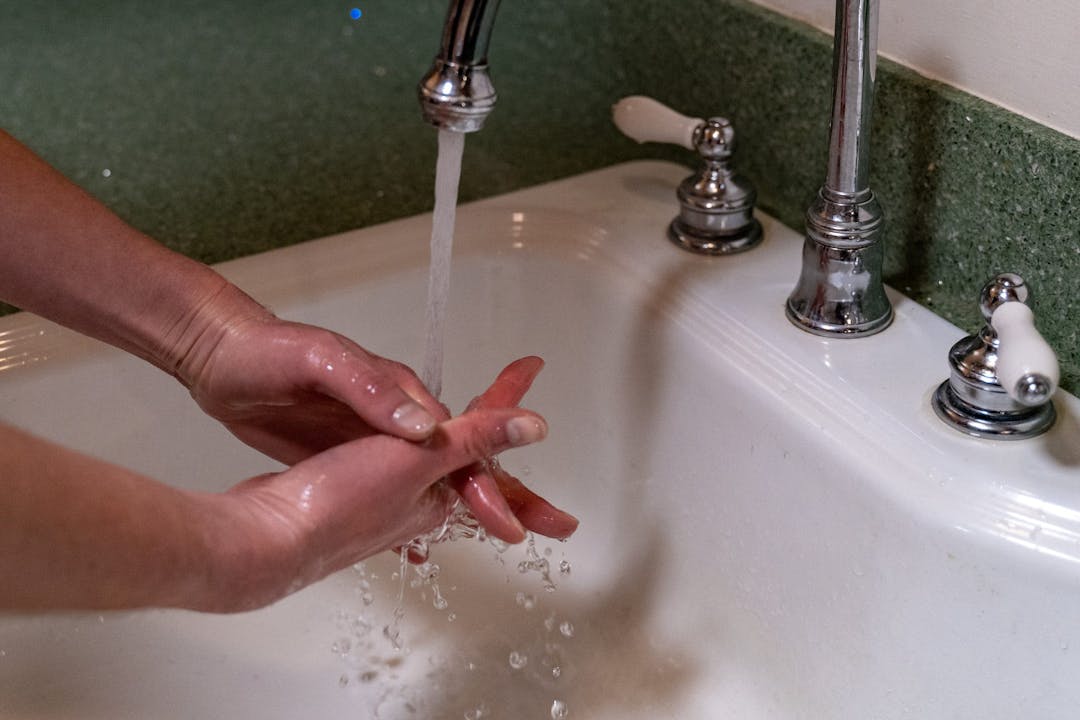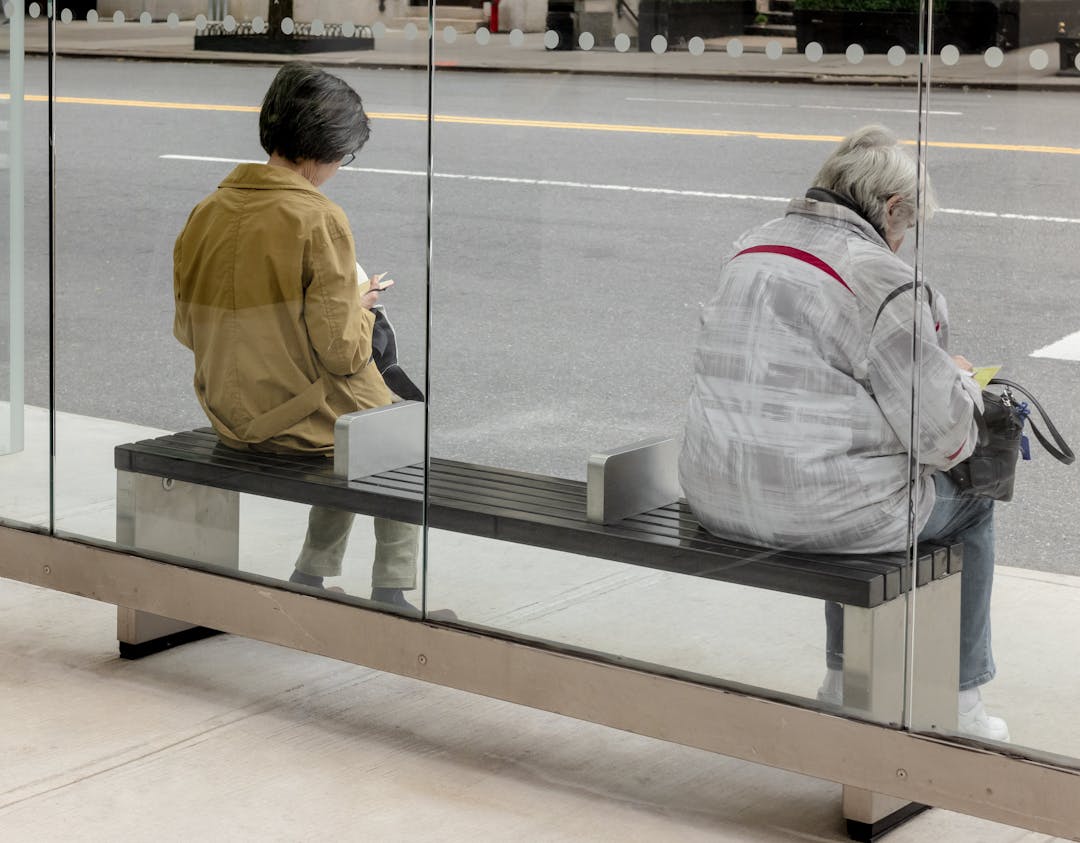Gold Stars for Staying Home: Rewards and COVID-19
The COVID-19 pandemic led to a 2020 characterized by fear, loss, and a whole lot of changes in the way we live. As the disease continues to wreak havoc around the globe, many governments have imposed measures to curb the virus’s spread, from curfews and the closure of non-essential businesses to nation-wide lockdowns and stay-at-home orders. We’re accustomed to seeing litanies of “don’t’s” disseminated online and plastered throughout public spaces. As a result, many countries are now contending with irate citizens who demand their pre-pandemic liberties,1 while alarming case numbers leave many of us wondering what it will take to slow the spread as we await our vaccines.
Ask any parent currently stuck at home with their children: nobody responds well to being told “no.” Whether age five or fifty-five, we tend to bristle when we feel our freedom is threatened. This reactance, so termed by Brehm in 1966,2 means that perceived restrictions on independence are often met with anger, resistance, and attempts to restore one’s autonomy.3 It’s little wonder then that COVID-19 safety rules have been resented, shirked, and in some cases faced outright rebuttal. From resistance to masks in the United States to protests against curfews in the Netherlands,4,5 it is evident that these measures have triggered reactance around the world, particularly in countries characterized by ardent individualism.6
Tempting though it may be to counter transgressors with criticism and shaming—revelers recently apprehended at an illegal London rave were branded “incredibly selfish people”7—this too may have counterproductive results. Shame has been shown to have ambivalent effects on behavior, and can often prompt the rationalization of one’s actions rather than elicit change for the better.8
A 2010 study conducted by de Hooge and colleagues observed that when participants were tasked with reading about the shameful experience of bungling a public speaking event, these individuals expressed a desire to give a subsequent presentation in order to restore their damaged sense of self.9 When considered in the context of COVID, these findings suggest that shame is, at best, a risky tool for behavior change: though it may drive people to amend their ways, it can also leave people utterly focused on their self-image. Fearmongering may not be the way to go, either: too weak a message will likely be ineffective, while too large a dose of fear can be paralyzing.10
Behavioral Science, Democratized
We make 35,000 decisions each day, often in environments that aren’t conducive to making sound choices.
At TDL, we work with organizations in the public and private sectors—from new startups, to governments, to established players like the Gates Foundation—to debias decision-making and create better outcomes for everyone.
The case for rewarding safe behavior during COVID-19
So, how should governments and healthcare professionals encourage pandemic-safe practices? Behavioral science tells us that applauding citizens’ good efforts and utilizing positive framing would be more effective than finger-wagging interdictions or shaming remonstrations. Laboratory experiments have indicated that rewarding cooperation effectively encourages more cooperative behavior.11
Further, positive emotions can be harnessed to maximize the effectiveness of health communication. Pride may motivate individuals to engage in selfless behavior, while hope can focus attention on the future and possible rewards. On top of emotional drivers, extrinsic motivators can also precipitate meaningful change. A 2009 study found that financial incentives effectively motivated regular exercise and that the effects of the rewards outlasted the temporal bounds of the experiment.12
How can this knowledge help us throughout the remainder of the pandemic? While monetary rewards for obeying rules may not be feasible, there are many opportunities for behavioral insights to promote safe practices. The technology already in place to assist with contact tracing could easily be adapted to provide positive feedback. Let’s say you resist temptation and stay at home for three consecutive days: an app on your phone automatically celebrates your achievement with a thank you and a video of a pig romping in a pool to give you a chuckle. Craving some community and encouragement? Make a pact with your friends to be diligent about wearing masks in public and bolster each other with affirming messages and physically-distanced support; after all, humans are highly motivated by social norms.13 Feeling extra proud of your communal efforts? Make a big sign that proclaims your neighborhood’s commitment to protecting everyone’s health.
While most of us typically shy away from advertising our accomplishments, in this case making your good behavior known may actually encourage others to follow suit. Trivial though it may seem, these affirmations can make a big difference in how we approach navigating this challenging era.
As many of us gloomily face more time spent navigating Zoom etiquette and baking our hundredth loaf of banana bread, even the smallest of rewards may be enough to keep us masked and distanced for the foreseeable future. And for those who have been tempted to bend the rules in the past, a dose of appreciation and thanks could prevent future defiance. No matter how old you are, a (virtual) pat on the back and a shiny gold star can be all the motivation you need to keep going in tough times.
References
1. Santora, M., & Kwai, I. (2020, October 9). As virus surges in Europe, resistance to new restrictions also grows. The New York Times. https://www.nytimes.com/2020/10/09/world/europe/coronavirus-europe-fatigue.html
2. Brehm J. W. (1966). A theory of psychological reactance. New York, NY: Academic Press
3. Steindl, C., Jonas, E., Sittenthaler, S., Traut-Mattausch, Greenberg, J. (2015). Understanding psychological reactance. Zeitschrift Fur Psychologie, 223(4), 2015-214. https://doi.org/10.1027/2151-2604/a000222
4. McKelvey, T. (2020, July 20). Coronavirus: Why are Americans so angry about masks? BBC News. https://www.bbc.co.uk/news/world-us-canada-53477121
5. Henley, J. (2021, January 26). Netherlands shaken by third night of riots over Covid curfew. The Guardian. https://www.theguardian.com/world/2021/jan/26/netherlands-third-night-riots-covid-curfew-lockdown-protesters
6. Kubba, S. (2020, Oct. 14). The Importance of Culture in Societal Responses to COVID-19. Harvard Political Review. Retrieved from https://harvardpolitics.com/culture-response-covid-19/.
7. BBC. (2021, January 24). Covid: Hackney railway arch rave attended by ‘300 people’. BBC News. https://www.bbc.co.uk/news/uk-england-london-55787044
8. de Hooge, I. E., Zeelenberg, M., Breugelmans, S. M. (2011). A functionalist account of shame-induced behaviour. Cognition & Emotion, 25(5), 939-946. https://doi.org/10.1080/02699931.2010.516909
9. de Hooge, I. E., Zeelenberg, M., Breugelmans, S. M. (2010). Restore and project motivations following shame. Cognition & Emotion, 24(1), 111-127. https://doi.org/10.1080/02699930802584466
10. Kok, G., Peters, G-J. Y., Kessels, L. T. E., ten Hoor, A. G., Ruiter, R. A. C. (2018). Ignoring theory and misinterpreting evidence: the false belief in fear appeals. Health Psychology Review, 12(2), 111-125. https://doi.org/10.1080/17437199.2017.1415767
11. Van Bravel, J. J., Baicker, K., Boggio, P. S. … Willer, R. (2020). Using social and behavioural science to support COVID-19 pandemic response. Human Nature Behaviour, 4, 460-471. https://www.doi.org/10.1038/s41562-020-0884-z
12. Charness, G. and Gneezy, U. (209). Econometrica, 77(3), 909-931. https://doi.org/10.3982/ECTA7416
13. Thaler, R. H. and Sunstein, C. R. (2008) Nudge. Penguin.
About the Author
Hannah Chappell
Hannah is an experienced educator now completing a Master of Science degree in the Psychology of Economic Life at the London School of Economics and Political Science. She holds a BA in English and Psychology from Hamilton College as well as an MA in modern literature and culture from University College London. Hannah is passionate about using behavioral science to improve organizations and public services, particularly in the areas of education and healthcare.





